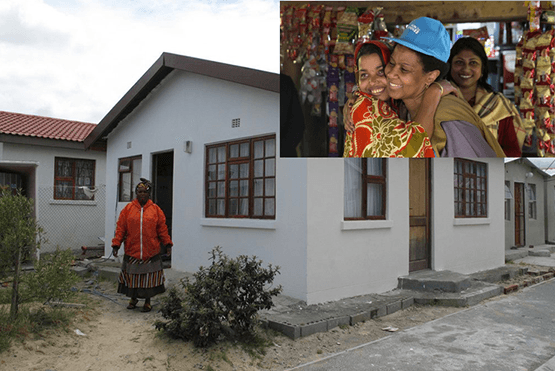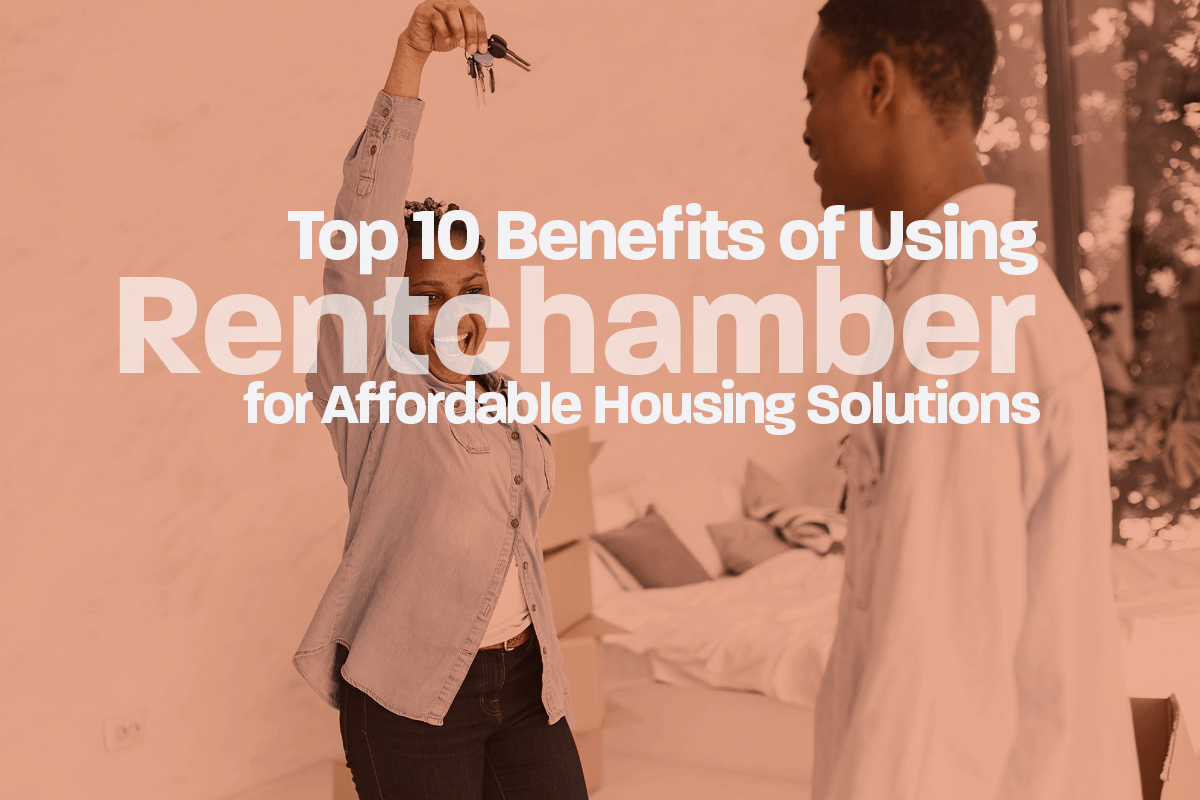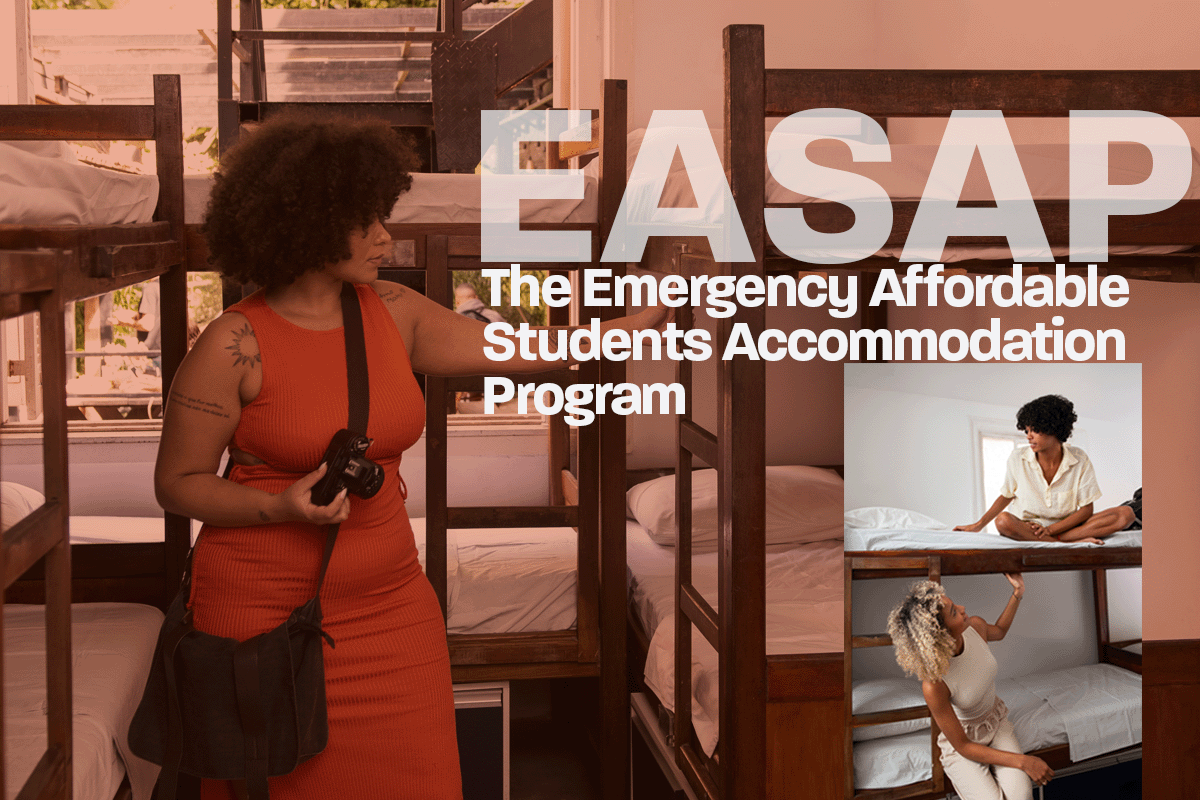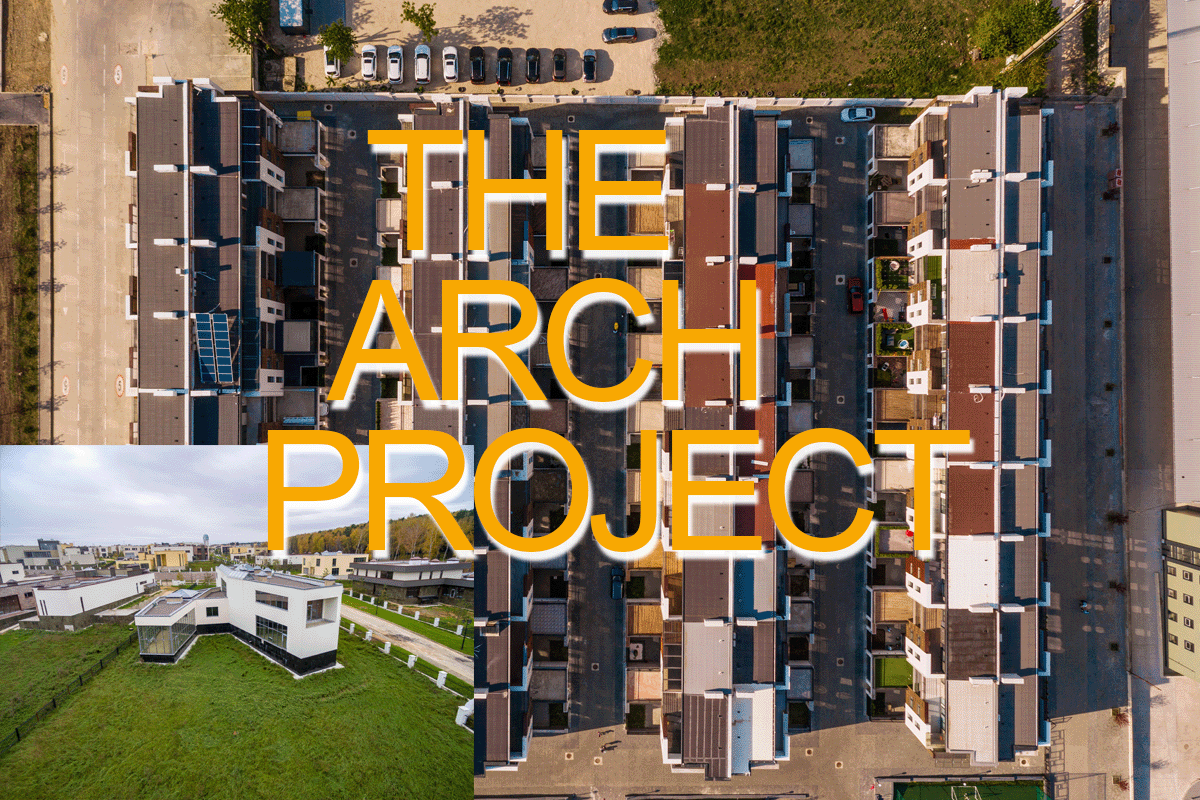In many parts of Africa, women have historically faced numerous social and economic challenges, including limited access to education, healthcare, and economic opportunities. The lack of affordable and suitable housing has been a significant barrier to women’s empowerment in the region. However, there is a growing recognition of the critical role that affordable housing initiatives can play in improving the status of women in African communities. This article explores how affordable housing initiatives are contributing to women’s empowerment in Africa.
The Housing Gender Gap in Africa
Before delving into the initiatives aimed at empowering women through housing, it is essential to understand the housing gender gap in Africa. Women in Africa often find themselves in precarious living conditions due to various factors, including:
-
Limited Property Rights:
In many African countries, women have restricted property rights, making it challenging to secure stable housing for themselves and their families.
-
Income Disparities:
Women in Africa typically earn less than their male counterparts, making it harder to access and maintain adequate housing.
-
Vulnerability:
Women, particularly those in rural areas, are more vulnerable to homelessness and housing insecurity, especially in cases of widowhood or divorce.
Women’s Empowerment Through Affordable Housing Initiatives
Affordable housing initiatives in Africa are beginning to address these disparities and contribute to women’s empowerment in several ways:
-
Secure Tenure and Property Rights:
Many housing projects prioritize providing secure land tenure and property rights to women. This not only ensures safe and stable housing but also empowers women economically by giving them collateral for loans and a sense of ownership.
-
Economic Opportunities:
Affordable housing initiatives often involve local women in construction and housing maintenance roles, providing them with income-generating opportunities. This involvement in the housing sector contributes to their financial independence.
-
Access to Education and Healthcare:
Housing initiatives located near schools and healthcare facilities ensure that women and their children have better access to education and healthcare, addressing two critical pillars of empowerment.
-
Community Building:
Some housing projects prioritize creating a sense of community among residents. This fosters social support networks among women, enabling them to share experiences, resources, and skills.
Examples of Women-Centric Housing Projects in Africa
-
GROOTS Kenya:
GROOTS Kenya is an organization that has been involved in promoting women’s land rights and access to housing. They have implemented projects that provide women with secure land tenure and access to affordable housing options.
2. Uganda Women’s Effort to Save Orphans (UWESO):
UWESO is a Ugandan organization that supports vulnerable women and children. They have housing programs that provide shelter and economic empowerment to women, especially widows and those affected by HIV/AIDS.
-
Rwanda’s Vision City:
While not exclusively focused on women, Rwanda’s Vision City is noteworthy for its gender-inclusive approach to housing. It includes affordable housing options and emphasizes the importance of gender equality and women’s empowerment.
To recap
Affordable housing initiatives in Africa are proving to be powerful tools for women’s empowerment. By addressing housing disparities, these initiatives provide women with secure tenure, economic opportunities, access to essential services, and a sense of community. The positive impacts of such initiatives extend far beyond housing, contributing to the broader goal of gender equality and women’s empowerment in the African context. As these efforts continue to grow and evolve, women in Africa are finding new opportunities for economic and social advancement, bringing them closer to achieving their full potential and breaking free from the constraints of housing insecurity.




